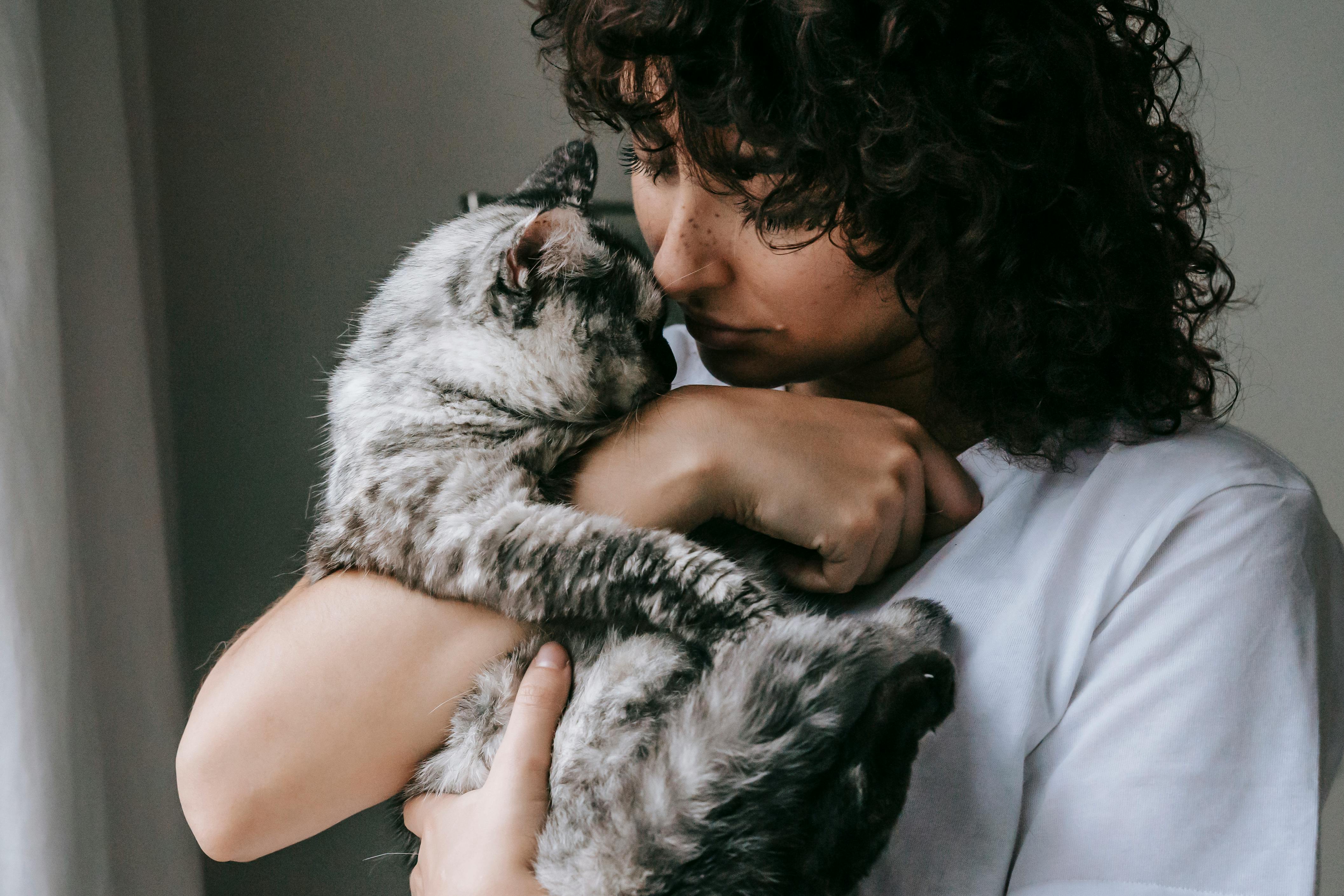Dog Questions and Answers – Dog Pannus and Obedience Trainer Lessons
Question 1: Pannus dog (an inherited health defect)
My daughter-in-law is blind and is assisted by a trained dog to guide a blind or visually impaired person. One day I discovered that your dog’s eyes looked dull. I consulted two vets and they both diagnosed it as pannus. They prescribed drops three times a day and said this should be done throughout the dog’s life.
I am interested in knowing the following details about this disease.
1. What is pannus?
2. Is it a contagious disease that could affect other dogs?
3. Does this affect the dog’s sight and also whether it is possible to determine the loss of sight, if any?
4. Is it possible to cure it by operating?
I find that vets cannot clear this up.
Answer 1:
Pannus refers to the growth of blood vessels in the peripheral cornea. In normal individuals, the cornea is avascular. Chronic local hypoxia or inflammation can lead to peripheral corneal vascularization or pannus. Pannus can also develop into corneal stem cell diseases, such as aniridia. This is an inherited defect; This defect commonly occurs in breeds such as German Shepherds and Boxers, but can occur in other breeds as well.
It is possible to operate the dog depending on its age. This operation consists of removing the clogged membranes, tissues and blood vessels with a small electric needle and also cutting off the flow of certain vessels to the eye. The eye drops have been administered to the dog to prevent the development of secondary infections and also to keep the eyes moist.
Question 2: Ignore my commands
My dog and I regularly go to an obedience class led by a talented and experienced handler; Despite this, I find that my dog’s behavior sometimes causes great embarrassment. For example, my dog does not pay attention to the heel; He forges, sniffs, and behaves like I’m not even holding the strap on the other end. The instructor comes frequently and takes my dog and the dog’s behavior changes considerably. It seemed as if the dog with me was not the same as the dog in the hand of the handler.
My dog performs perfectly with the instructor and I was proud when the two work in unison. Once the dog returns to my hands from the instructor, he begins to sulk again. I cannot understand his behavior; my dog knows what to do for the trainer, but not for me. Do you have any suggestions on this behavior?
Answer 2:
You should closely observe the movements of the handler rather than looking at your dog when taking your dog for a demonstration. You must observe what the coach is doing and how he is doing it. Take a close look at your footwork, how you hold the leash, how you correct, and also how you talk to your dog as you work.
One of the most important requirements in handling your dog is trust; I am of the opinion that this is missing. In case you don’t trust either you or your dog, he will start to pick up on that feeling and behave accordingly. You may have a relatively weak personality compared to your dog, and your dog might pick up on this and feel that he is not fit enough to guide you through obedience lessons.
